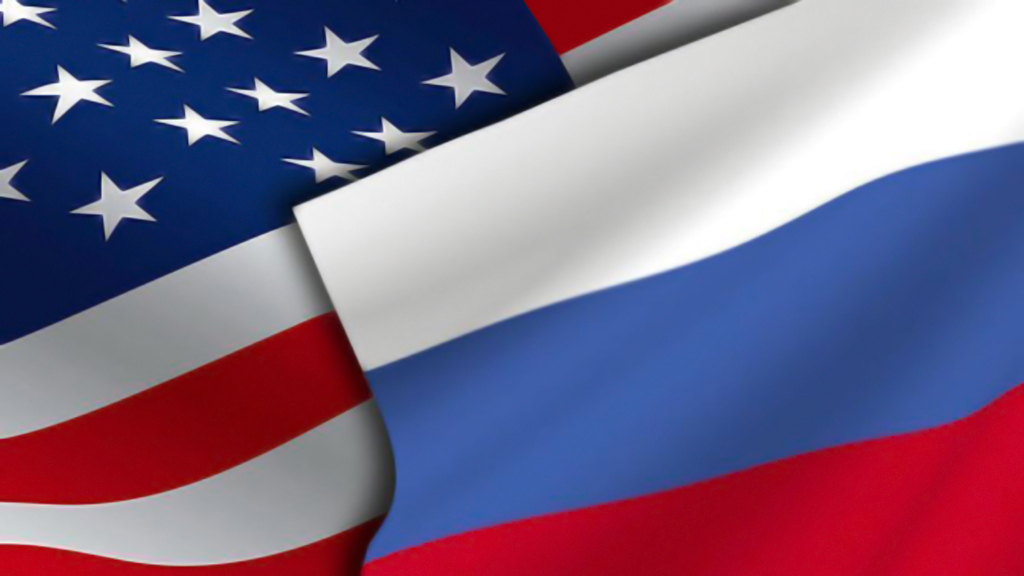For the last 10 years, Turkey's relations with the U.S. and Russia have seen ups and downs. Ankara's "model partnership" with the U.S. was strained by significant crises in relations. The phrase "tactical divergence and strategic convergence," especially in the context of the Syria civil war, started to make no sense following the U.S.' military assistance to the People's Protection Units (YPG). On the other hand, the Russian reaction following the shooting down of a Russian jet brought the already strained ties, as a result of the Russian support for Syria, to a total standstill.
When Turkey and Russia mended their ties following Erdoğan's letter to Putin, the two countries jump-started their relations. Turkey launched two major cross-border operations against the terror groups east of the Euphrates. Through the Astana process, Turkey and Russia established de-escalation zones and later prevented a potential attack by the regime on Idlib, which would have caused a major humanitarian disaster. In the meantime, economic relations were restored, diplomatic dialogue was rehabilitated and an important project for energy ties, namely the TurkStream pipeline, was completed.
Following this rapprochement, the U.S. administration changed its attitude in regard to Manbij and reached an agreement with Turkey to end the YPG's rule of the city. Although a few times the Turkish government expressed unease about the delays in the implementation of the agreement, this was an important step in a time period that some had claimed was seeing a total fallout in relations. For the Idlib issue, the U.S.' verbal support for Turkey's position was also a positive step forward. The U.S. State Department's announcement of listing three PKK leaders in the Rewards for Justice Program was also a welcome development. Of course, NATO still provides an important security umbrella for the allies.
The improvements in bilateral ties between Turkey and the two superpowers do not mean that the relations are totally stabilized. There are still significant divergences between the two countries in important issue areas.
For instance, in regard to the Manbij road map, this convergence may not be sufficient to prevent the deterioration of ties because of continuing YPG-U.S. relations. This is a critical national security concern for Turkey.
Furthermore, in regard to relations with Russia, there are still disagreements for significant geopolitical crises, such as Crimea, the South Caucasus and Nagorno Karabakh. These are also important geopolitical concerns for Turkey. At this point, Turkish policymakers expect the coordination, understanding and goodwill in the areas of cooperation to spill over into other fields. They also aim to create conditions in Turkey's relations with the U.S. and Russia that will not be negatively influenced by the potential tension between Russia and the U.S. in the coming years.
[Daily Sabah,







